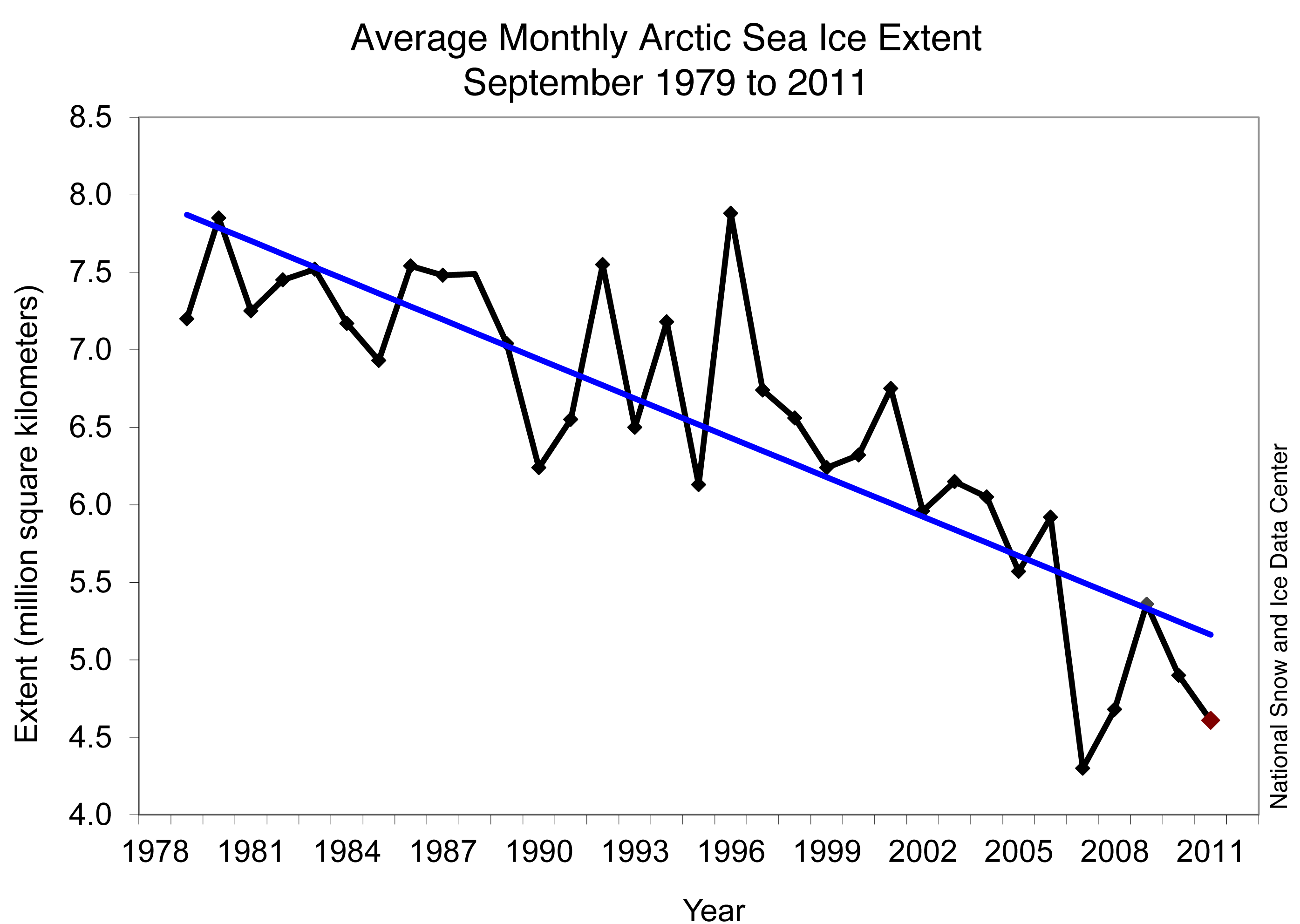A wonderful happy new year to all of our readers on Sustainable Seas! 2012 promises to be the biggest yet for the blog with plans for further expansion and coverage of sustainable marine and coastal issues around the world.
We're starting the new year with a bang.
One of the huge gaps in marine policy research is understanding the views of the public when it comes to valuing and managing the marine environment. While as engaged researchers or activists we naturally place the marine environment high within our own values - but are the the views of the public substantially different? What is the importance of public discourse?
This recent report by the European Knowseas project charts public opinion of 7000 people across 7 European countries concerning marine values and management approaches. The results highlight that while the oceans are generally low in public opinion, there is a strong call for more civil society involvement in governance. Approaches such as MPAs and marine spatial planning, while in early development, are strongly supported by the public. Views across countries differed dramatically with countries such as the UK, despite a strong maritime heritage, displaying a disconnect from the sea whereas countries such as Portugal and Spain showed a strong connection. The emerging 'ecosystem approach' was important with the public highlighting that non-economic values are as important as traditional economic outputs.
The results raise several interesting questions and consequences - notably the demand for more co-management, public involvement and democratic accountability in the governance of the coasts and seas.
We have a NEW LINK to download the report.
Showing posts with label marine sustainability. Show all posts
Showing posts with label marine sustainability. Show all posts
Tuesday, January 3, 2012
Tuesday, December 13, 2011
Geoengineering in the Arctic
A recent commentary in New Scientist 'Call for Arctic geoengineering as soon as possible' discusses the perspective that a climate "tipping point" has been reached in the Arctic and that geoengineering is urgently required to turn around the deterioration of Arctic sea ice. The suggestion is for using stratospheric aerosols to cool the surface and subsurface below, or increasing the reflectance of low-level clouds by pumping a fine spray of salt water into them, and therefore cooling the ocean-atmosphere system.
In highlighting the geoengineering solution, there is an assumption that there is a crisis in Arctic summer sea ice, driven by human influenced climate change. Looking a the past records of summer sea from from the National Snow and Ice Data Centre ice extent for September 2011 was the second lowest in the satellite record. The last five years (2007 to 2011) have had the five lowest September extents in the satellite record with the rate of decline now -84,700 square kilometers (-32,700 square miles) per year, or -12% per decade relative to the 1979 to 2000 average.
Clearly something is going on in the system and the evidence points to human induced climate change from GHG emissions as the key player. Natural variability is still an issue, and this is underpinned by considerable uncertainty about how the system will react in the future to a warming planet and where the tipping points for irreversible change lie. The only clear message is that it is unclear and that human pressures and natural variability have combined to create a state change in the Arctic.
In term of geoengineering, I'm pessimistic about it's application in the region, and more importantly its potential effects. However, despite the uncertainty about the impacts of geoengineering on the marine environment and the hair raising implications of it as a final 'last gasp' solution to climate change, we must still continue to investigate its applications, its impacts and its opportunities. But geoengingeering (at least to me) and as pointed out in a recent Guardian article feels like failure of political process to get agreement of binding international cuts and a failure to turn society around towards a low carbon economy. It is the last straw and one that will hopefully not be required in lieu of poor progress on international action to reduce emissions.
What is your perspective?
Subscribe to:
Posts (Atom)





